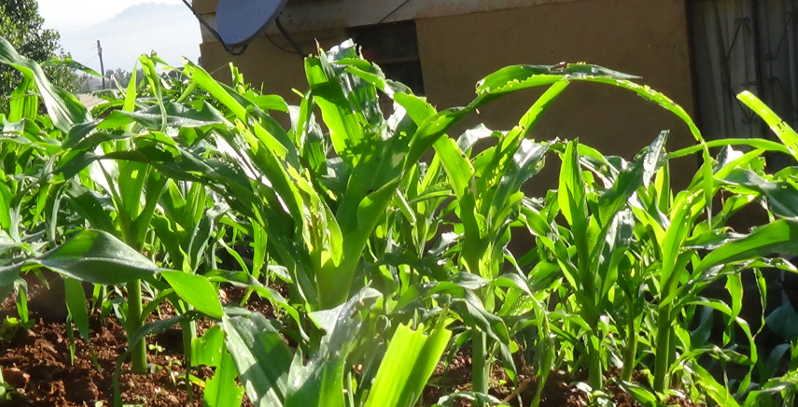Uganda is among 28 African countries that require external assistance for food, according to the latest quarterly Crop Prospects and Food Situation report released by the United Nations Food and Agricultural organization (FAO).
The report attributes Uganda’s situation to the current refugee influx as well the bad climatic conditions that hit the country in the recent past, worsened by the invasion of the Fall Armyworm on the farms. FAO is calling for a combined African response to fight the worm.
According to the report other countries that need the assistance include, Burkina Faso, Burundi, Cameroon, Central African Republic, Chad, Congo, Democratic Republic of the Congo, Djibouti, Eritrea, Ethiopia, Guinea, and Kenya. Others are; Lesotho, Liberia, Libya, Madagascar, Malawi, Mali, Mauritania, Mozambique, Niger, Nigeria, Sierra Leone, Somalia, South Sudan, Sudan, Swaziland and Zimbabwe.
The report says conflict continues to intensely impact agriculture and food security in Central African Republic, Democratic Republic of the Congo, northern Nigeria, Somalia and South Sudan often have further effects – due to displaced persons and increased civil insecurity – elsewhere. Weather shocks in 2017, including droughts, have also compounded the impacts in some countries like Somalia and southern Ethiopia.
Elsewhere it says: “While this is due to major gains in Argentina and Brazil, also of note is the expected rise in aggregate output in Africa by more than 10 percent this year, led by increasing maize harvests in Southern Africa, where farmers were hit hard last year by the El Nino weather phenomenon, and wheat output in North African countries,” the report says.
Aggregate cereal production in Low-Income Food-Deficit Countries (LIFDCs) is also expected to rise by 2.2 per cent this year, curbing import needs, according to FAO’s new estimates.
The report says global cereal production is forecast to reach a record level in 2017, pegged at 2 611 million tonnes.








